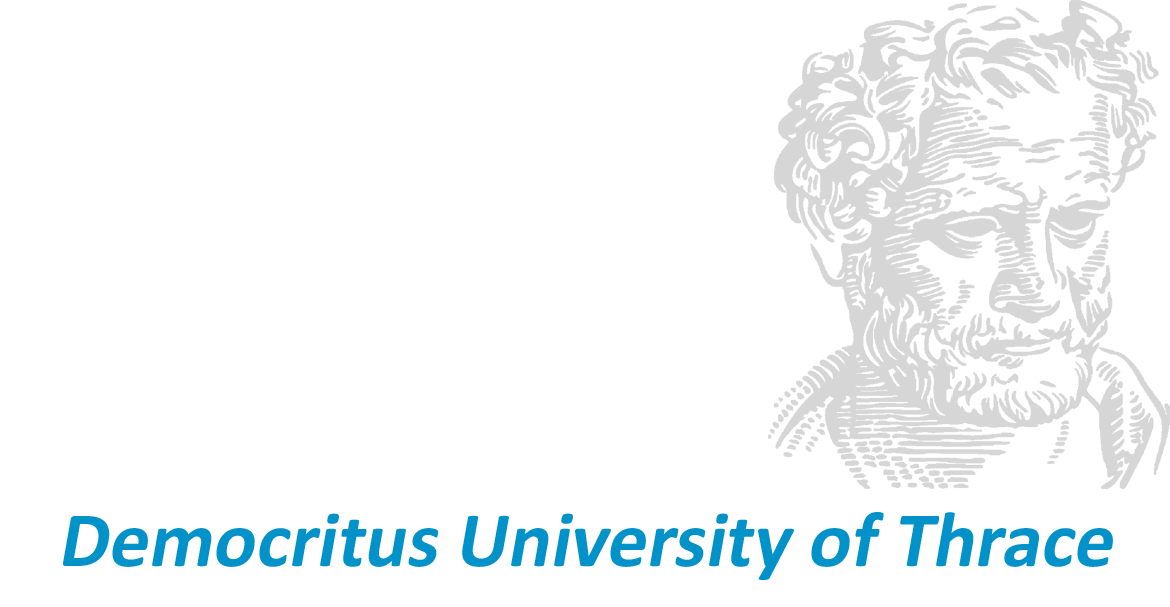COURSE CONTENT
This course deals with the interaction between international politics and the global economy that is the core concern of International Political Economy. It examines a variety of theoretical approaches to IPE. Students are given an opportunity to use them as conceptual tools with which to critically assess the content of the world economic order.
METHODS
The following methods will be outlined and used in the course:
1. Lectures
2. Essay writing
3 Essay presentation
OBJECTIVES
1. To become familiar with issues that arise from the interaction of international economic and political structures
2. To provide an introduction to several conceptual approaches to international political economy
LEARNING OUTCOMES
1. An ability to integrate empirical evidence into conceptually grounded arguments
TEACHING ARRANGEMENTS
The course will be taught in thirteen four-hour lectures in weeks 1-13.
Teachers
Click to view more information about each teacher.
| Name | Title | |
|---|---|---|
| Hazakis Konstantinos | Professor | kchazaki@econ.duth.gr |


